
Stargazing in Egypt
Discover Celestial Skies and Birdwatching Wonders in a Land of Timeless Beauty
5 min read
Category : AdventuresDestination : EgyptEgypt is a land of contrasts, where ancient monuments rise from golden sands and the night sky reveals itself in breathtaking clarity. For luxury travelers seeking both serenity and spectacle, stargazing in Egypt offers an unforgettable journey into the cosmos. Yet the magic doesn’t fade when the sun rises. Egypt is also a sanctuary for birdwatchers, with wetlands, deserts, and coastal oases teeming with avian life.
This blog explores the best of both worlds: celestial wonders and feathered treasures. Whether you're reclining beneath the Milky Way in the White Desert or spotting flamingos in Fayoum, Egypt invites you to embrace nature with elegance and awe.

Egypt Offers Scenic and Serene Birdwatching for Nature Enthusiasts
While Egypt is famed for its pyramids and temples, its natural heritage is just as rich. With more than 500 recorded bird species, the country is a vital stopover for migratory birds traveling between Europe, Asia, and Africa. For luxury travelers, birdwatching in Egypt promises tranquil mornings, breathtaking landscapes, and rare sightings all wrapped in comfort and exclusivity.
Where Can I Watch Birds in Egypt?
- Fayoum Oasis: Just 90 minutes from Cairo, this lush region is home to Lake Qarun, a wintering haven for grebes, ducks, coots, and shorebirds.
- Ras Mohammed National Park: Located near Sharm El Sheikh, this coastal reserve hosts white storks, herons, ospreys, and falcons.
- Siwa Oasis: A remote desert paradise where desert larks, wheatears, and sand partridges thrive.
- Red Sea Islands (Hurghada): Seabirds such as white-eyed gulls and white-cheeked terns nest here, offering spectacular coastal birding.
- Giza Zoo and Urban Wetlands: Surprisingly abundant in songbirds and Nile Valley sunbirds, especially during migration seasons.
From desert cliffs to coastal marshes, Egypt’s birding spots provide a peaceful counterpoint to its bustling cities.
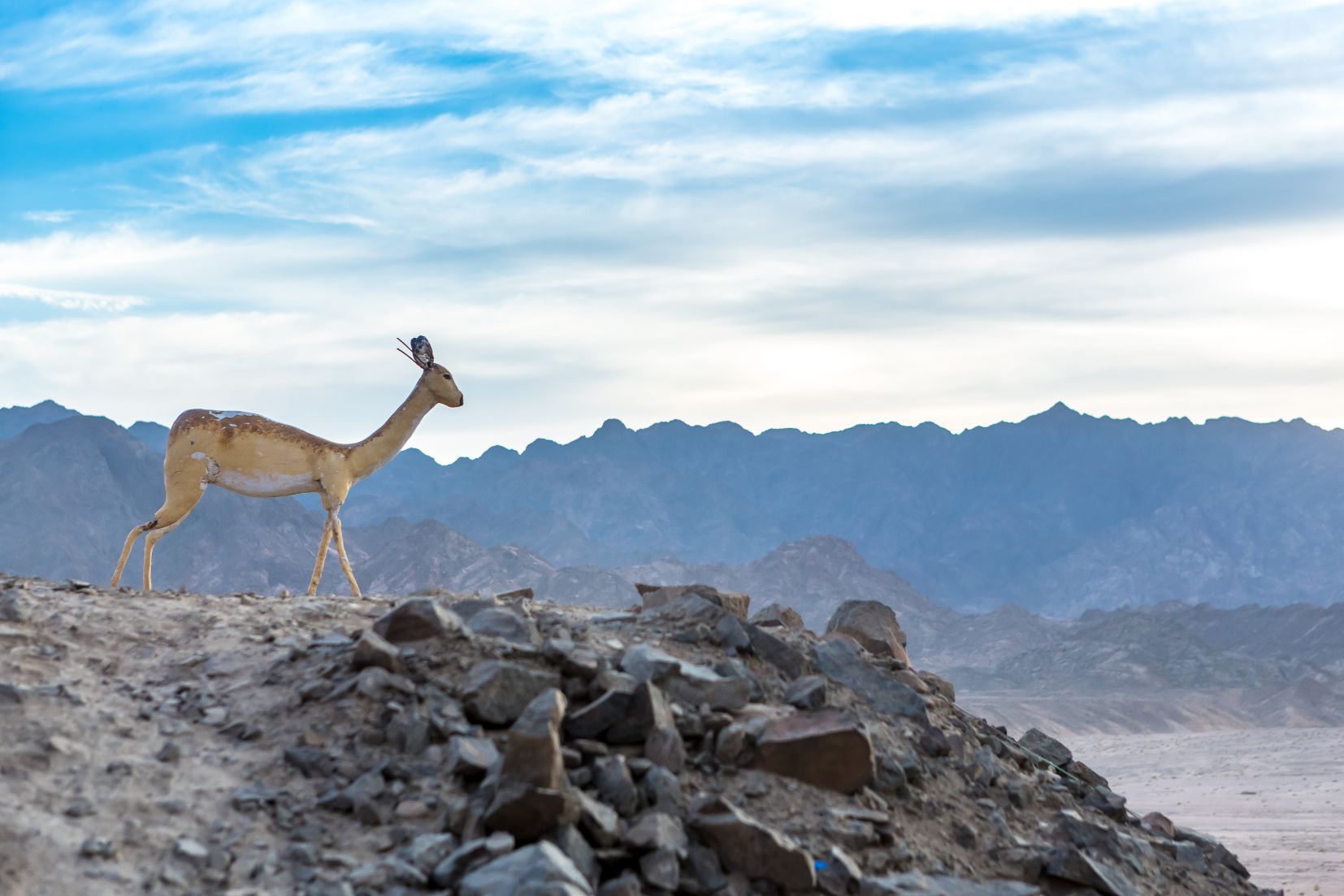
Spring and Autumn Are Ideal Seasons for Bird Watching in Egypt
Egypt’s birdwatching season beautifully aligns with its mild climate and migratory patterns. The best times to go are during the spring (March–May) and autumn (October–December) migrations. During these months, thousands of birds pass through Egypt, including
- White Storks
- Greater Flamingos
- Herons and Egrets
- Raptors and Falcons
- Warblers and Songbirds
Winter (January–February) also offers excellent birding, particularly in the Nile Delta and southern wetlands, where waterfowl gather in large numbers. Summer is less favorable due to high temperatures, but resident species can still be spotted in cooler coastal areas.
Luxury travelers can indulge in curated birding tours featuring expert guides, private transport, and gourmet picnics in nature making the experience as refined as it is rewarding.
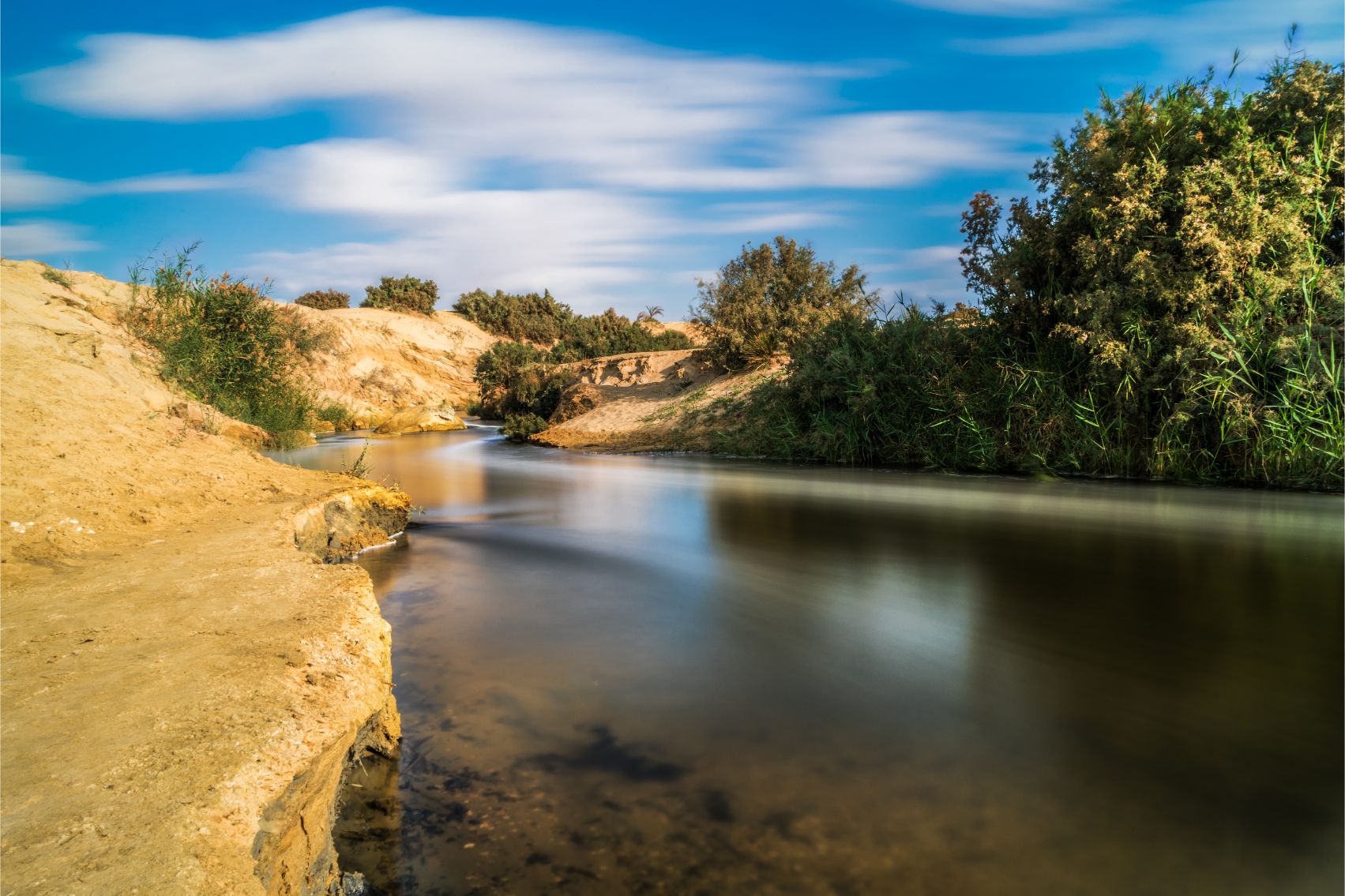
Egypt Offers Exceptional Stargazing Thanks to Its Clear Skies and Remote Landscapes
Egypt is one of the world’s premier destinations for stargazing, thanks to its vast deserts, minimal light pollution, and crystal-clear skies. From the Sinai Mountains to the White Desert, travelers enjoy pristine views of constellations, meteor showers, and even the Milky Way.
Top Spots for Stargazing in Egypt
- White Desert: Famous for its surreal rock formations and pitch-black skies, ideal for Milky Way viewing.
- Siwa Oasis: Remote and untouched, with crystal-clear night skies and authentic Bedouin-style camping.
- Fayoum Lakes: The waters reflect the stars, creating a magical double-sky effect.
- Mount Sinai: Climb by night for a celestial panorama from the summit.
- Blue Lagoon (Dahab): A tranquil coastal escape, perfect for both daytime kitesurfing and nighttime stargazing.
- Giza Plateau: Stargazing beside the pyramids adds an unparalleled mystical layer to the experience.
Whether you’re watching the Perseid meteor shower or tracing constellations through a telescope, stargazing in Egypt is a soul-stirring encounter with the universe.
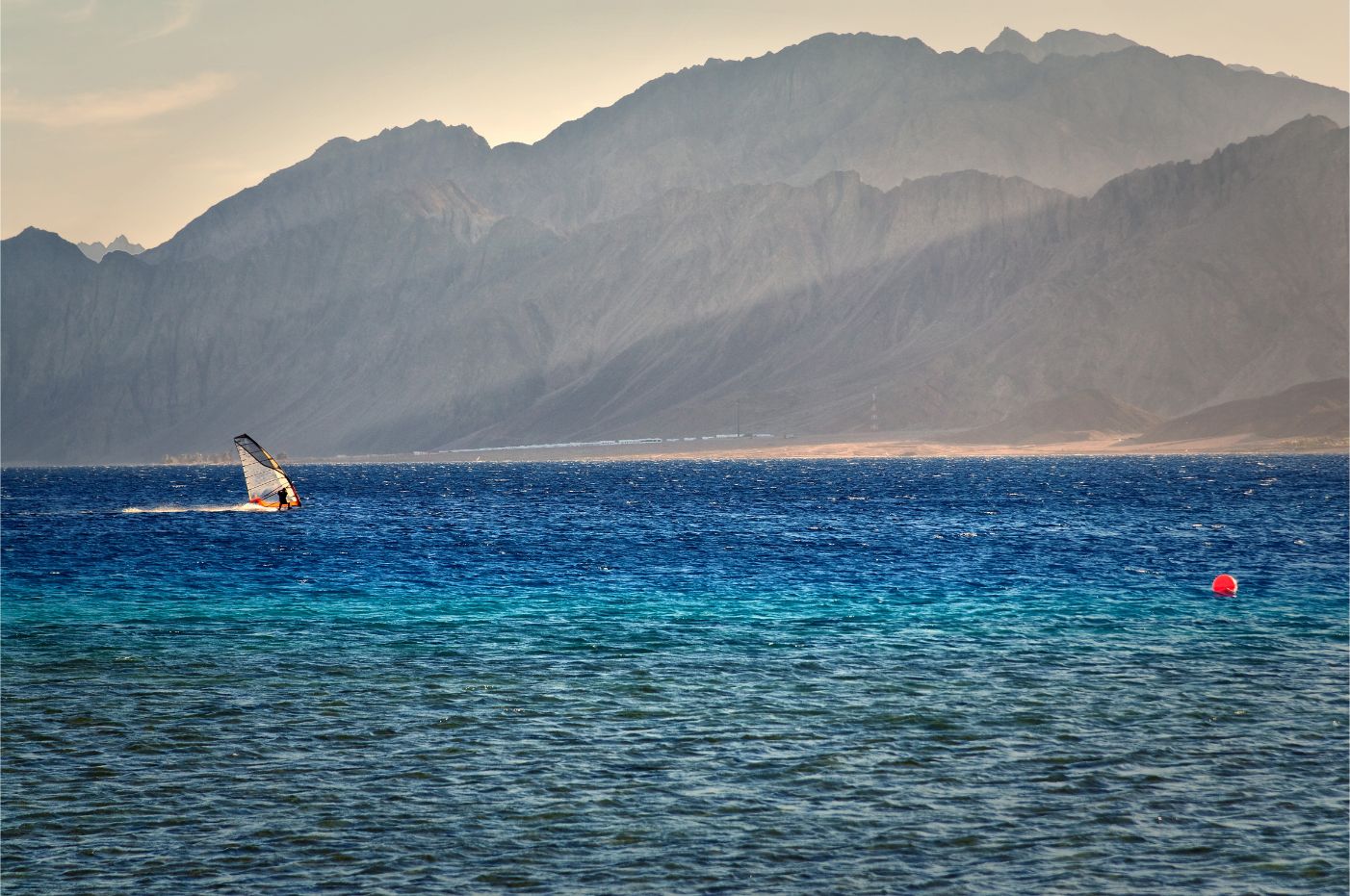
Colombia Leads the World as a Top Destination for Bird Watching
Globally, Colombia ranks as the leading country for birdwatching, boasting over 1,800 bird species across diverse ecosystems. Other top destinations include:
- Peru: Known for its Amazonian diversity and endemic species.
- Brazil: Home to vibrant rainforest birds and coastal species.
- Costa Rica: A compact paradise with more than 900 bird species.
- South Africa: Offering rich birdlife across savannahs, wetlands, and coastlines.
While Egypt may not top the global list in species count, its strategic location makes it one of the most important migration corridors in the world. For travelers seeking a blend of culture, comfort, and natural wonder, Egypt delivers a uniquely elegant birdwatching experience.
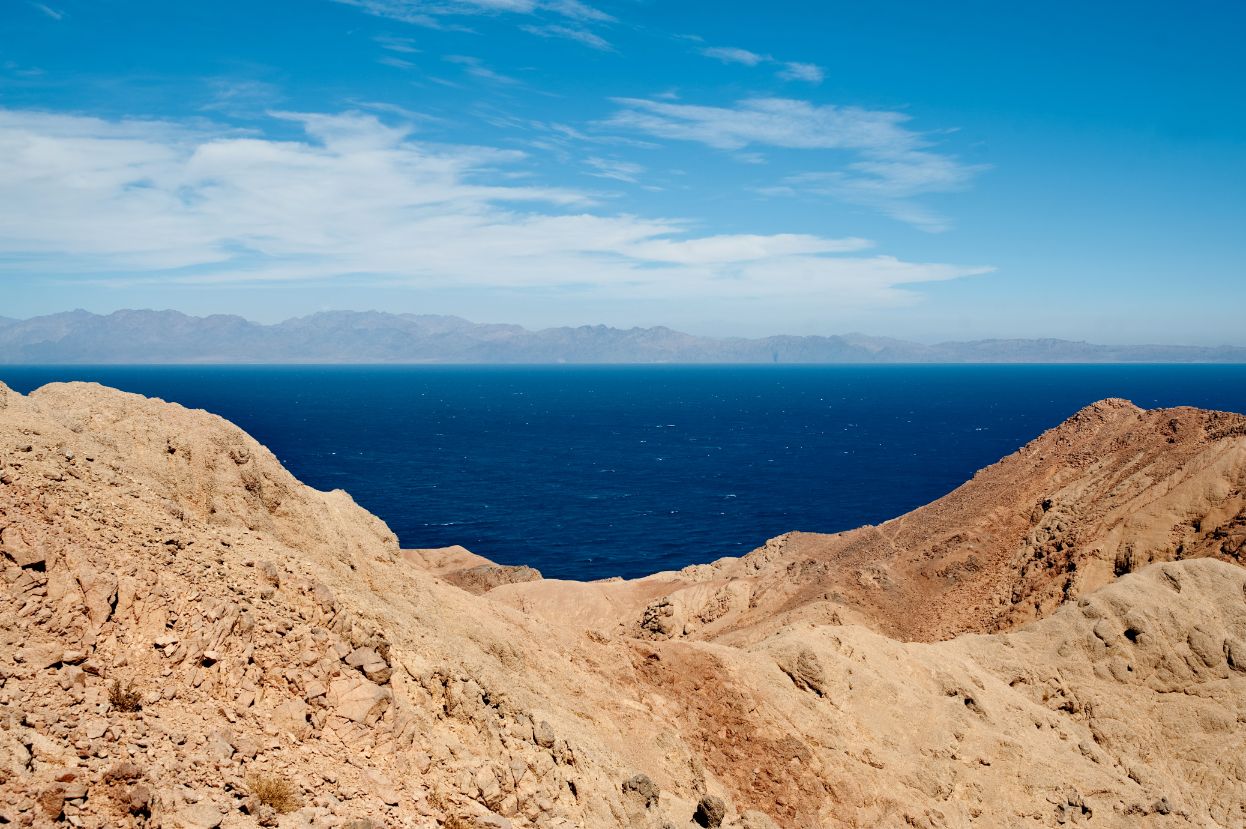
Luxury Travel Tips for Stargazing and Birdwatching in Egypt
To elevate your journey into nature, consider these refined travel tips:
- Book Private Desert Camps: Enjoy stargazing with plush bedding, gourmet meals, and guided astronomy sessions.
- Hire Expert Birding Guides: Local ornithologists help you spot rare species and understand their behaviors.
- Pack Smart: Bring binoculars, a telescope, warm layers for cool desert nights, and a bird field guide.
- Plan Around the Moon Cycle: For the best stargazing in Egypt, visit during a new moon when the sky is darkest.
- Choose Eco-Luxury Lodges: Retreats like Adrère Amellal in Siwa combine sustainability with comfort and direct access to nature.
Luxury travel in Egypt is about immersion, feeling the silence of the desert, hearing the call of migrating birds, and watching stars light up ancient landscapes.

Whether you're gazing at constellations from a desert camp or spotting flamingos in a tranquil oasis, stargazing in Egypt and birdwatching promise a rare kind of luxury one rooted in wonder, silence, and a deep connection to the natural world.
Egypt invites you to slow down, look up, and listen. To trade noise for stars and crowds for birdsong. It’s a place where nature and history dance gracefully under the same sky.
Let your travels be celestial, your discoveries feathered, and your memories magnificent.
Related Articles

Best Places to Visit in Egypt
Uncover best places to visit in Egypt for luxury travel, from Cairo’s five-star stays to Red Sea resorts, Nile cruises, and exclusive cultural experiences
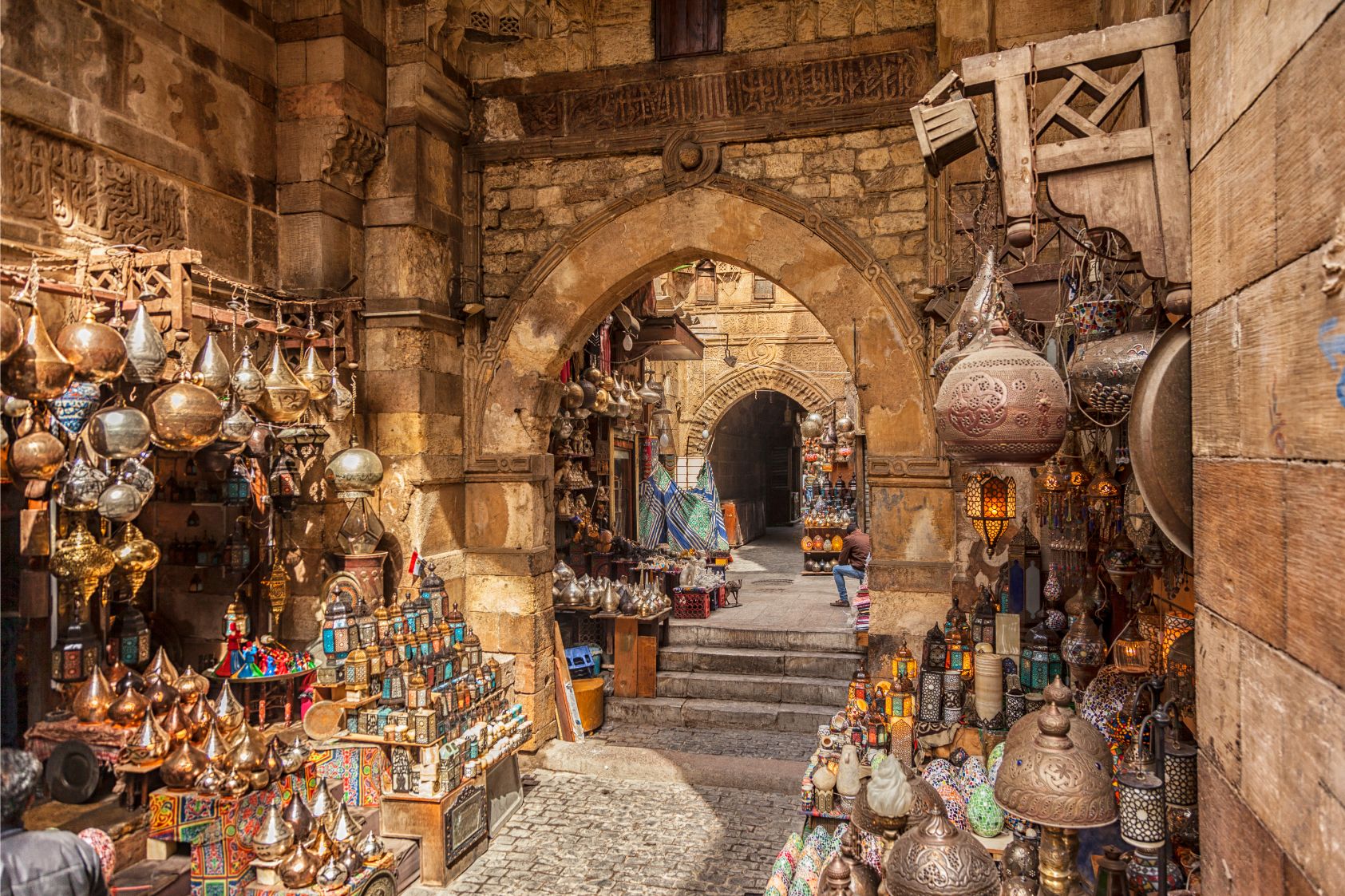
Handcrafts in Egypt
Step into Handcrafts in Egypt—where skilled hands weave heritage into vibrant patterns. Discover artistry, tradition, and timeless craftsmanship.

Luxury Safari in Egypt
Experience a unique Egyptian desert safari golden dunes, landscapes, and adventures await beyond the pyramids. adventure like no other.
